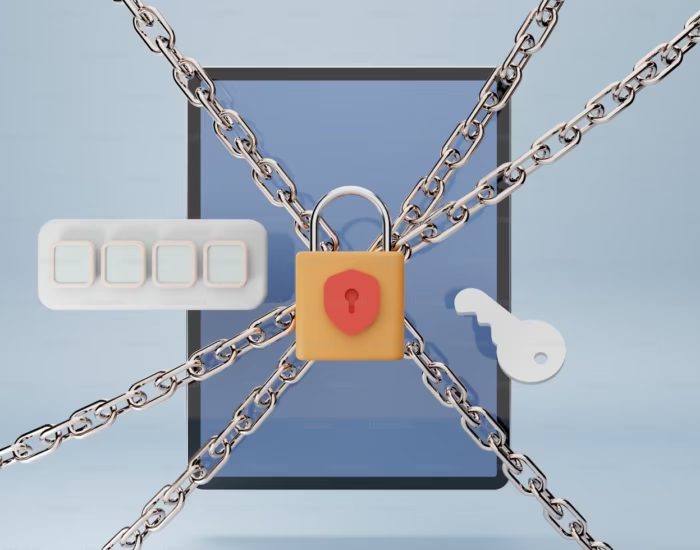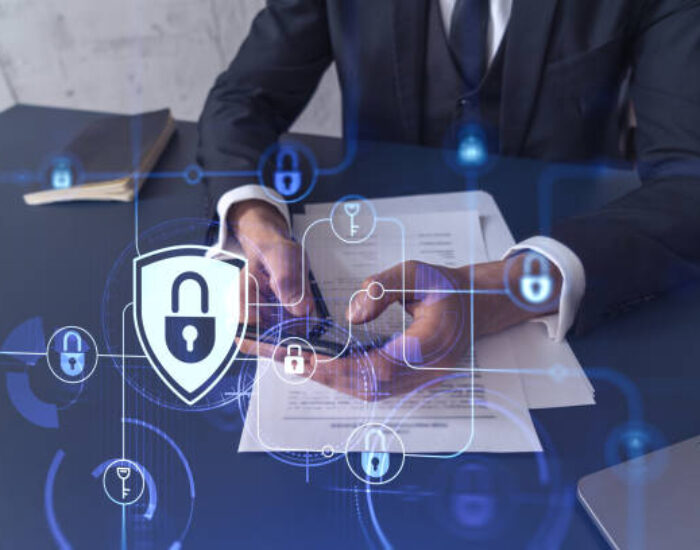What SMBs Need to Know About NIST, GDPR, and ISO 27001

Cyber threats are no longer limited to large corporations. Today, small and medium-sized businesses (SMBs) face just as many risks, often with fewer resources. As regulatory pressure grows, frameworks like NIST, GDPR, and ISO 27001 offer essential guidance for securing your data and maintaining compliance.
This blog simplifies each standard and helps you identify which one is most suitable for your business.
NIST: A Flexible U.S.-Based Cybersecurity Framework
The National Institute of Standards and Technology (NIST) created a widely adopted Cybersecurity Framework (CSF) that helps organizations manage cybersecurity risks. It’s voluntary, flexible, and ideal for SMBs looking to strengthen their defenses without formal certification.
For U.S.-based businesses—especially those working with government contracts or tech partners—NIST provides a trusted structure for identifying risks, protecting assets, and responding to incidents.
Why it’s great for SMBs:
- No certification required
- Free to implement
- Scalable to any size business
- Based on real-world threats and defense tactics
GDPR: Essential for Anyone Handling EU Customer Data
The General Data Protection Regulation (GDPR) is a strict EU law that governs how personal data is collected, processed, and stored. It affects any company worldwide that deals with EU citizens’ data—including website visitors and email subscribers.
Even small companies must comply or risk heavy fines. GDPR emphasizes transparency, consent, and data protection by design.
Why SMBs should care:
- It’s legally required if you handle EU data
- Enhances customer trust and transparency
- Mandates clear privacy policies and breach reporting
- Non-compliance can lead to major penalties
ISO 27001: The Global Standard for Information Security
ISO 27001 is an internationally recognized standard for creating and managing an Information Security Management System (ISMS). It’s best suited for businesses that want to show clients or regulators they take data protection seriously.
While certification can be complex, SMBs in finance, SaaS, or B2B industries can gain a competitive edge by adopting ISO 27001, especially when working with enterprise clients or global partners.
What makes ISO 27001 valuable:
- Offers structured information security governance
- Demonstrates credibility to clients and vendors
- Required or preferred in regulated industries
- Helps align internal security policies across teams
How to Choose the Right Standard for Your SMB
If you’re a U.S.-based company looking for flexibility without the burden of certification, start with NIST.
If your audience includes European customers—or if your website collects EU user data—GDPR compliance is mandatory.
If you aim to build a long-term security culture, especially in B2B or international markets, consider adopting ISO 27001 for its global recognition and structure.
Getting Started: Practical Steps for Compliance
- Conduct a risk assessment to identify vulnerabilities.
- Update your privacy practices—especially if you collect customer data online.
- Develop an internal policy that aligns with the standard you choose.
- Educate your team on data protection and compliance roles.
- Use trusted tools for access control, encryption, and backups.
- Consult a cybersecurity expert like Prosavvy to create a scalable compliance roadmap.
Final Thoughts
Cybersecurity compliance isn’t optional anymore—it’s essential. Whether you start with NIST, comply with GDPR, or commit to ISO 27001, aligning your business with one of these standards protects your assets, builds trust, and ensures growth.
Need guidance? Prosavvy Inc. offers tailored cybersecurity and compliance solutions to help small and medium-sized businesses stay secure and ahead of regulations.





